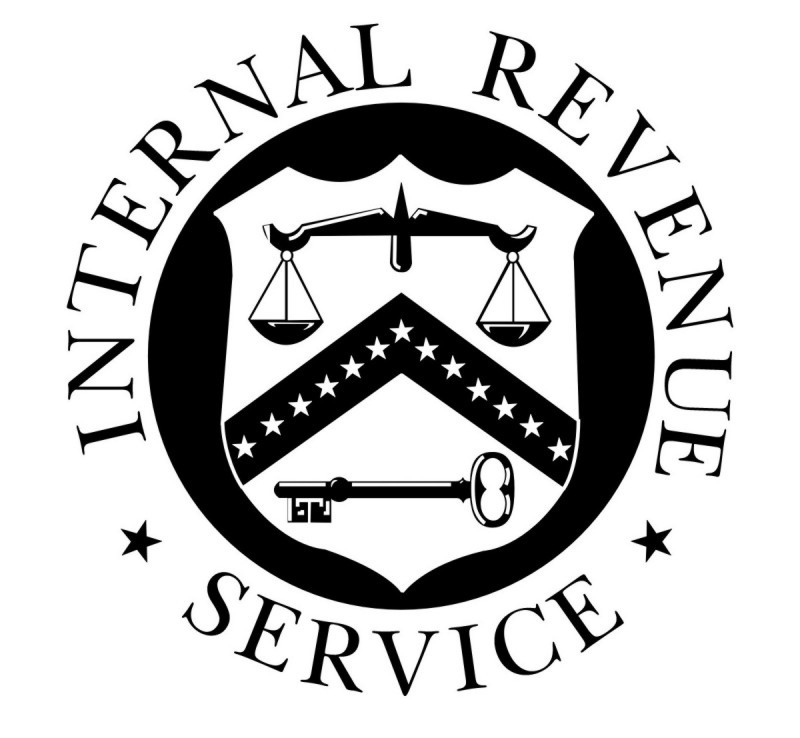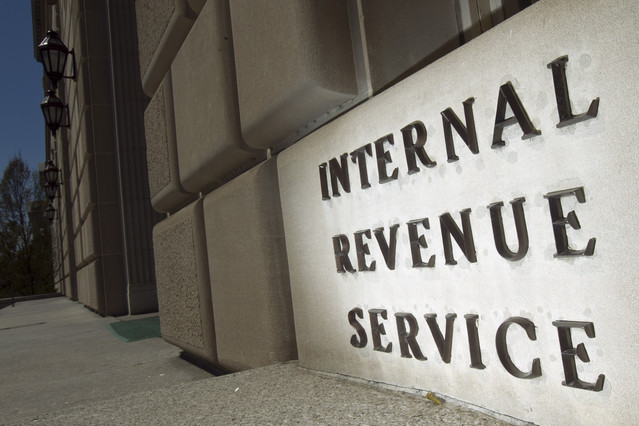
Tax Reform Changes
Tax Reform Changes - How will they affect you? When you file your 2018 tax returns - about a year from now - your return will look very different. Here are a few of the biggest changes that may affect you. Individual TaxIndividual tax rates will range from 10% to 37%.Standard deduction increases and personal and dependent exemptions eliminatedThe Child Tax Credit increased and a new Dependent Credit created.Disappearing deductions: Beginning with the 2018 tax year, you will no longer be able to deduct:State income tax and property taxes above $10,000 per year in total;Moving expenses (with an exception for certain military);Employee business expenses such as mileage, travel, entertainment, home office expenses, union dues, tax preparation fees, and investment fees, among others;Mortgage interest beyond interest on $750,000 of acquisition debt (if…







